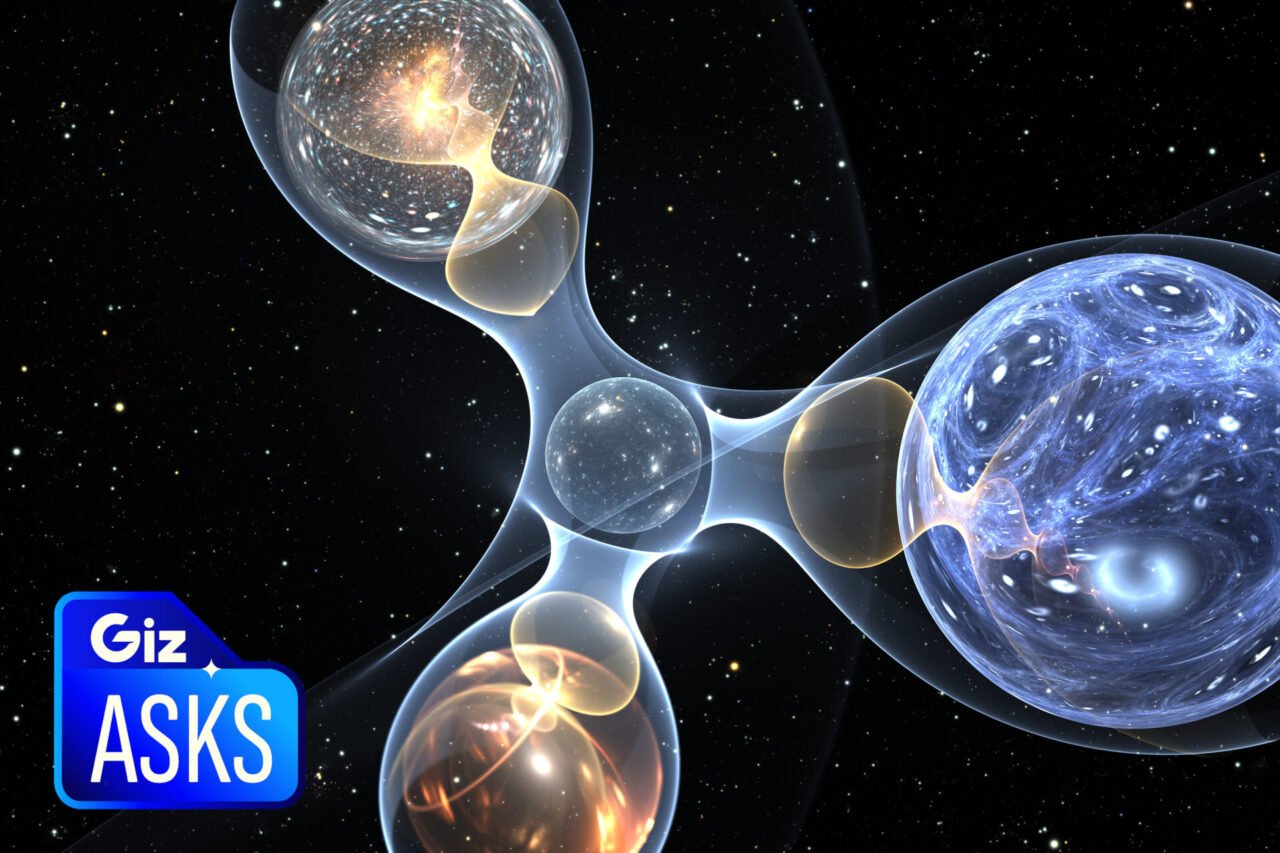Science
Physicists Reassess the Future of String Theory in Modern Science

String theory, once hailed as a promising avenue towards a unified theory of physics, is undergoing a critical reassessment within the scientific community. Originally proposed to reconcile the differences between quantum mechanics and general relativity, string theory conceptualizes matter as one-dimensional “strings” rather than point-like particles. This innovative framework captured the imagination of physicists and the public alike, particularly during the “superstring revolutions” of the 1980s and 1990s.
From Prominence to Questioning
Despite its initial popularity, the last two decades have seen a notable decline in public interest and academic focus on string theory. According to Google’s Ngram viewer, the frequency of references to string theory in published materials has diminished significantly, suggesting a shift in the scientific landscape. Prominent physicists have offered their insights on the current status of string theory and its place in the quest for a theory of everything.
Daniel Whiteson, a particle physicist at the University of California, Irvine, notes that while string theory remains an active area of research, the excitement surrounding it has waned. He highlights that many physicists are exploring alternative theories that might complement or even replace string theory in explaining the universe’s fundamental workings.
John H. Schwarz, a theoretical physicist at the California Institute of Technology, played a pivotal role in the development of string theory in the 1980s with the discovery of the Green-Schwarz mechanism. He remains optimistic about the theory, asserting that it still offers valuable insights into various aspects of physics, especially in contexts such as black hole physics.
Emerging Alternatives and Continuing Research
Despite its setbacks, string theory is not without its advocates. Peter Woit, a mathematician and physicist at Columbia University, argues that while string theory has not yet produced testable predictions, it has stimulated significant mathematical advancements. He emphasizes the need for experimental validation to solidify its standing in the scientific community.
Meanwhile, Carlo Rovelli, a theoretical physicist and a founder of loop quantum gravity, presents a competing framework. He asserts that alternative theories like his own provide a more grounded approach to understanding gravity and the universe at a fundamental level. This divergence of opinion reflects the broader dialogue within physics about the best paths forward.
Other notable contributors to the discussion include Hiroshi Ooguri, another key figure at the California Institute of Technology, and Cumrun Vafa of Harvard University, who received the 2017 Breakthrough Prize in physics for his contributions to string theory and black hole research. Their work continues to push the boundaries of theoretical physics, exploring complex concepts that challenge existing paradigms.
As the landscape of theoretical physics evolves, the fate of string theory remains a topic of active debate. While some physicists express skepticism about its viability as a leading theory of everything, others argue for its continued relevance and potential. The discussion surrounding string theory illustrates the dynamic nature of scientific inquiry, where ideas are constantly tested, refined, and sometimes replaced as new discoveries emerge.
In conclusion, string theory’s journey reflects the ongoing quest within physics to understand the universe. Its initial promise has not entirely dissipated, but it now faces significant scrutiny and competition from alternative theories. The future of string theory may depend on its ability to adapt and produce predictions that can be experimentally verified, ensuring its place in the pantheon of scientific inquiry.
-

 Top Stories3 weeks ago
Top Stories3 weeks agoMarc Buoniconti’s Legacy: 40 Years Later, Lives Transformed
-

 Business2 weeks ago
Business2 weeks agoForeign Inflows into Japan Stocks Surge to ¥1.34 Trillion
-

 Health3 weeks ago
Health3 weeks agoInnovative Surgery Restores Confidence for Breast Cancer Patients
-

 Sports1 month ago
Sports1 month agoSteve Kerr Supports Jonathan Kuminga After Ejection in Preseason Game
-

 Top Stories3 weeks ago
Top Stories3 weeks agoBOYNEXTDOOR’s Jaehyun Faces Backlash Amid BTS-TWICE Controversy
-

 Science2 weeks ago
Science2 weeks agoUniversity of Hawaiʻi Joins $25.6M AI Project to Monitor Disasters
-

 Science1 month ago
Science1 month agoChicago’s Viral ‘Rat Hole’ Likely Created by Squirrel, Study Reveals
-

 Entertainment1 month ago
Entertainment1 month agoZoe Saldana Advocates for James Cameron’s Avatar Documentary
-

 Lifestyle1 month ago
Lifestyle1 month agoKelsea Ballerini Launches ‘Burn the Baggage’ Candle with Ranger Station
-

 Top Stories3 weeks ago
Top Stories3 weeks agoCarson Wentz Out for Season After Shoulder Surgery: Urgent Update
-

 Politics1 month ago
Politics1 month agoDallin H. Oaks Assumes Leadership of Latter-day Saints Church
-

 Lifestyle1 month ago
Lifestyle1 month agoDua Lipa Celebrates Passing GCSE Spanish During World Tour









